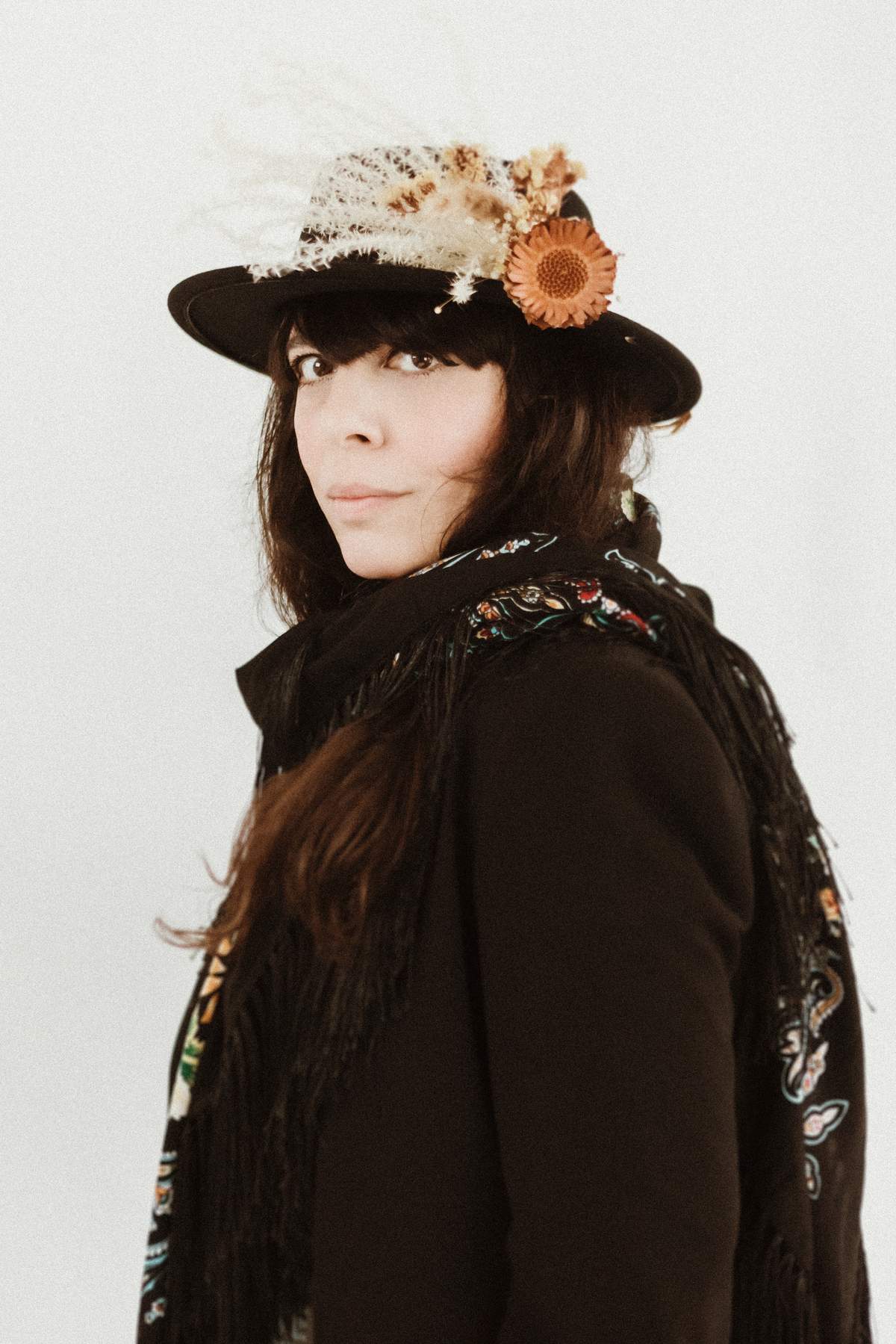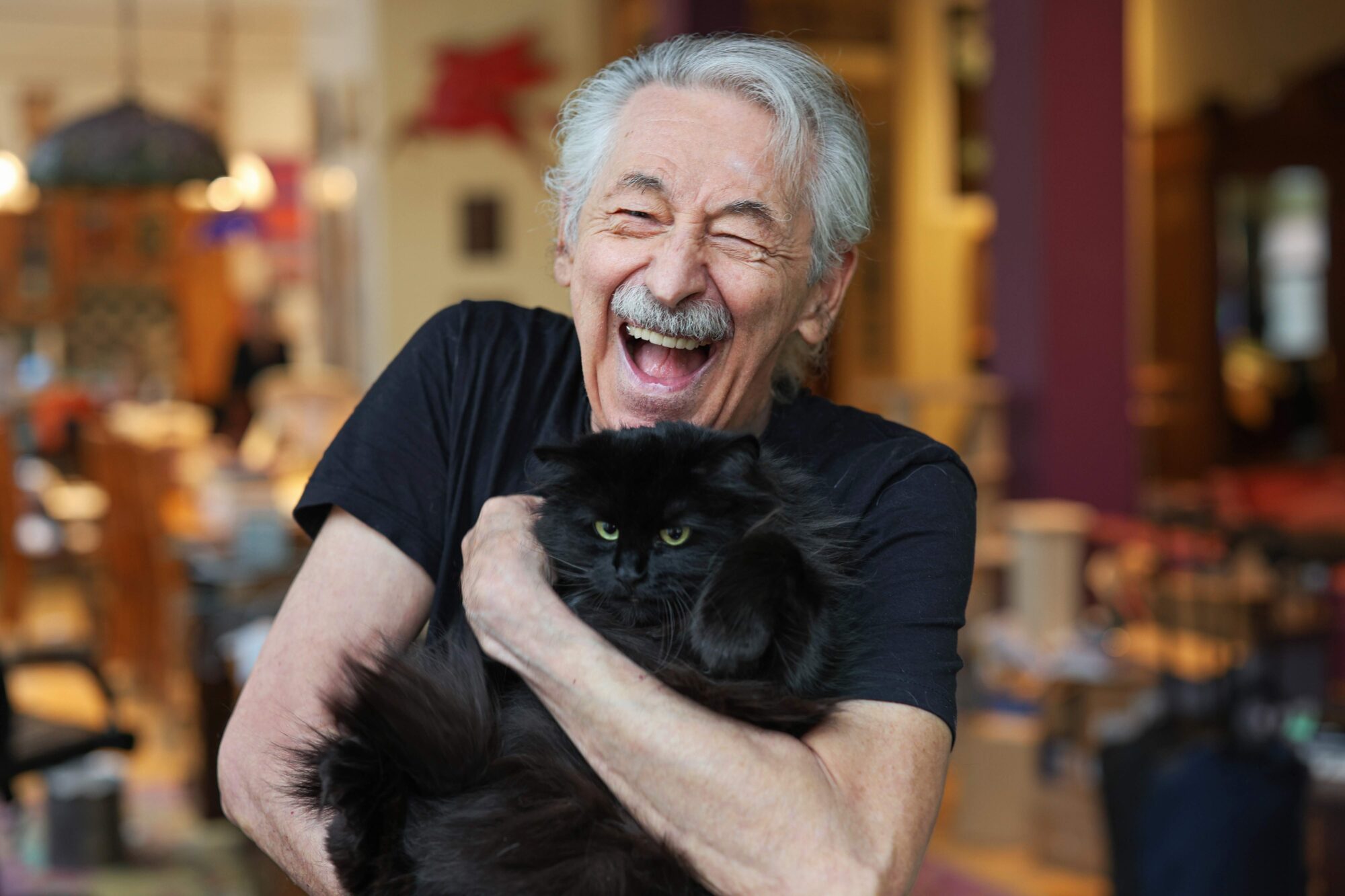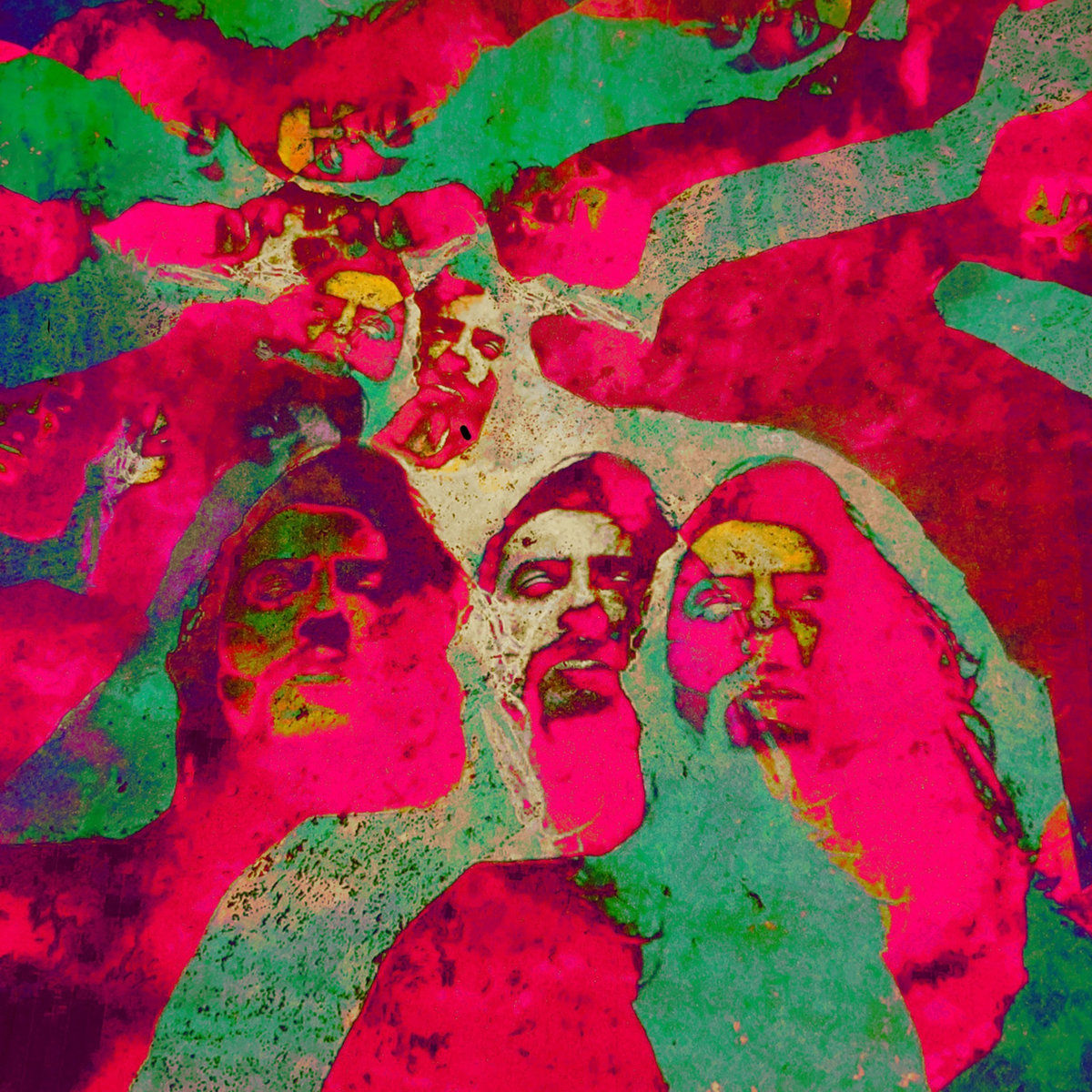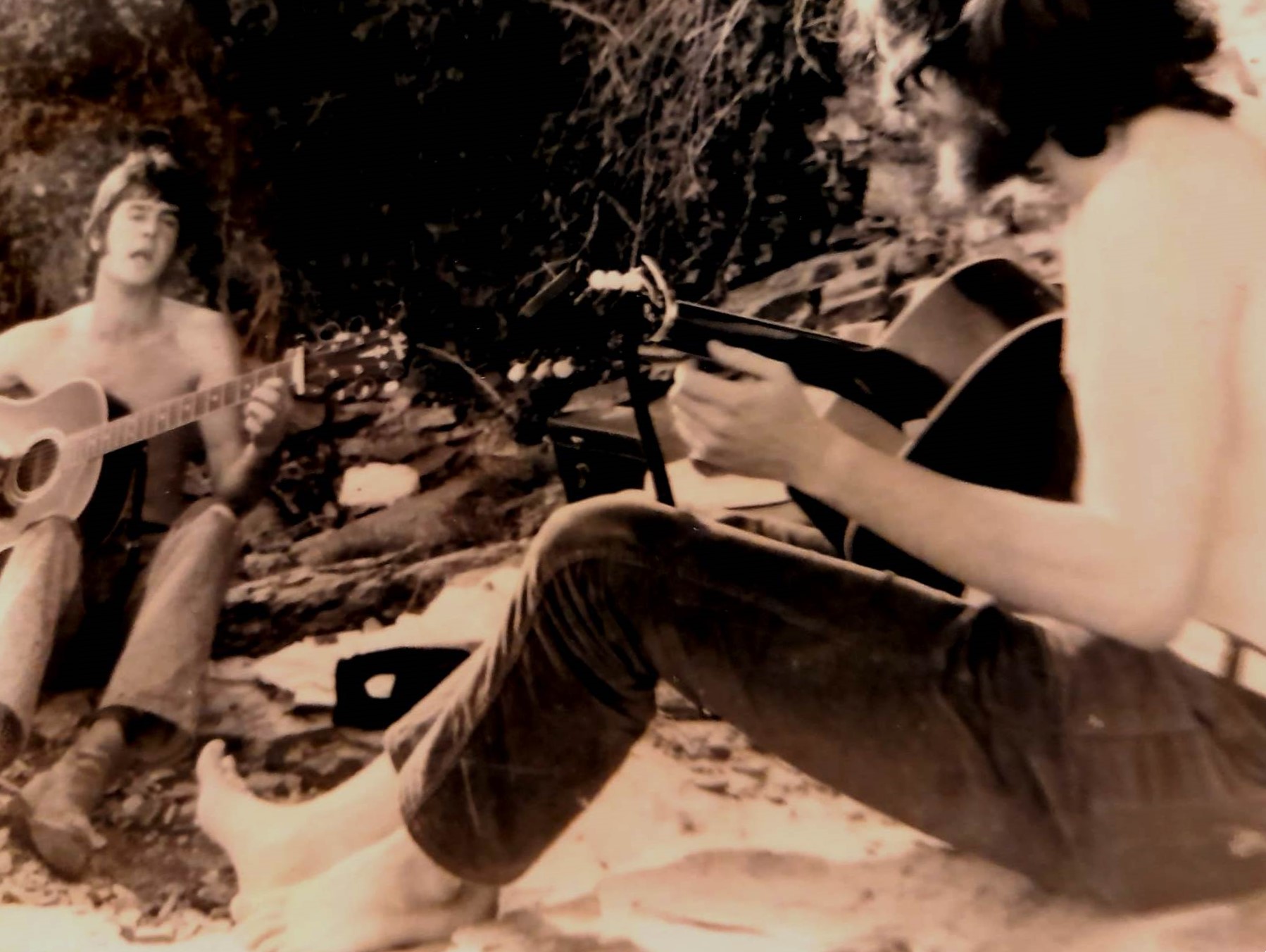Emma Tricca | Interview | “Change is something I welcome as a necessity”
Emma Tricca, a musical wanderer weaving folk, rock, and experimental tapestries in her sonic odyssey.
Collaborating with luminaries like Judy Collins and Steve Shelley, she dances in the rhythms of diverse influences, from Italian serenades to Beat poet musings. Her albums ‘St Peter’ and ‘Aspirin Sun’ echo with raw emotion and vivid imagery, inviting listeners into a world of introspection and discovery. Catch her spellbinding performance at the forthcoming Wake Festival, where she’ll cast her lyrical incantations under the starlit sky.
“I have always been fascinated by change”
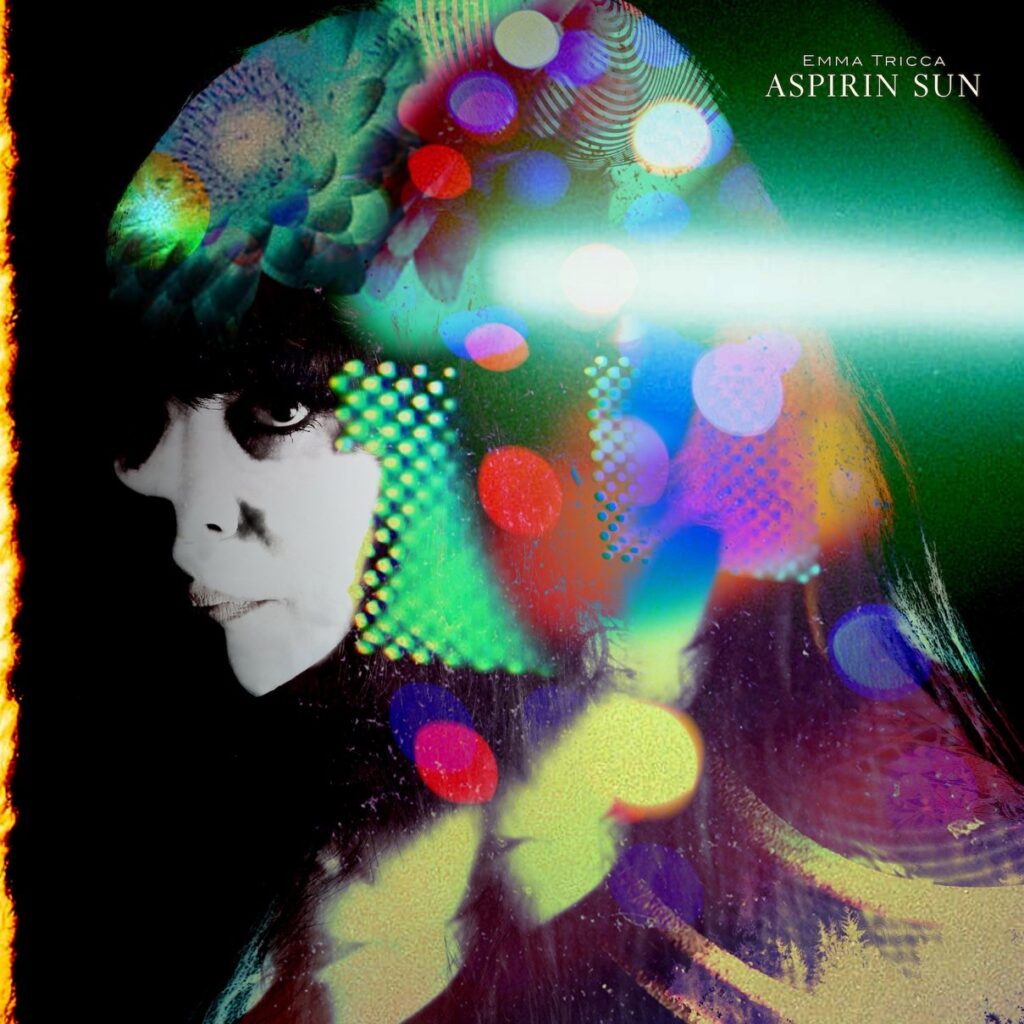
Your latest album, ‘Aspirin Sun,’ appears to have undergone a transformative journey, both musically and emotionally. Can you elaborate on how this album represents that journey for you?
Emma Tricca: As a person and as an artist, I have always been fascinated by change. Whether it’s the stylistic evolution in other artists’ work or the shifting seasons in colors and weather, change is something I welcome as a necessity. The emotions expressed in ‘Aspirin Sun’ simply follow that same current.
You’ve described ‘Aspirin Sun’ as a kaleidoscopic exploration. What inspired you to delve into this experimental territory, and how did it feel to break free from past constraints?
One never truly breaks free from anything; whatever was once active is merely contained in what’s to come. Everything evolves constantly and naturally. I feel one should be able to embrace the mood the song is about. In my own work, I often feel that songs and melodies just happen to fall from somewhere and demand a certain treatment; they almost dictate their path. It’s a mysterious process, hard to explain.
The album seems to be deeply influenced by your experiences with grief and loss, particularly the passing of your father. How did these personal experiences shape the themes and soundscape of ‘Aspirin Sun’?
Grief and loss throw you into chaos—a myriad of inconsequential thoughts and iridescent colors marked by moody hours, moments of darkness, and sweet memories. I don’t even think I remember who I was before the loss of my father. The change is sudden and deep. Words and melodies came rushing as a result of that chaos, often dictated by scattered, unsettling dreams or by the light I caught in a painting or at dusk.
Collaboration seems to be a significant aspect of your creative process, especially with musicians like Steve Shelley, Jason Victor, and Pete Galub. How did working with them contribute to the unique sound of this album?
I love collaborating with other artists. It’s what inspires me the most. Whether it’s a piece I work on with a painter, a weaver, or a musician, I strongly believe that if you’re joining forces on a project, you have to let everyone shine. It’s like a family where everyone gets on and everyone strives to bring out the best in each other. I think that’s what happened in both ‘St. Peter’ and ‘Aspirin Sun.’
Your musical influences range from classical Italian melodies to the rhythms of the Beat poets. How did you weave these diverse influences together to create a cohesive sonic experience in ‘Aspirin Sun’?
Much like I was saying before, I believe we are the result of the various experiences we have accumulated and absorbed. In this record, all of my biggest passions came together, unapologetically pushing through. I love opera, I love Diane Di Prima, and I am a Classics aficionado. That’s a strange mix to throw into the creative cauldron, but it is what it is.
The themes of light and darkness, hope and alienation, seem to be recurrent motifs in your album. Can you discuss how these themes manifest in your music and what they mean to you personally?
I guess it’s all part of the ambiguity that is living—the little control we have over our emotions, the lack of control we have over others, the constant need to defend ourselves from outside influences by guarding our reputation, ego, weight, aging, loss, and politics. There’s alienation in all of those themes, but there’s also hope and understanding. I look at all of that and try to make some kind of sense of it all… like painting a portrait.
Your journey with ‘Aspirin Sun’ involved recording in both New York and London. How did these locations influence the album’s sound and atmosphere?
I will use the word chaos again. The actual sound of both cities is very present in the recording as it’s present in the hands and souls of those who played on it.
“Images just came rushing in”
Dream imagery appears to play a significant role in your creative process, with songs like ‘Autumn’s Fiery Tongue’ originating from a dream. Can you share more about how dreams inspire your music?
I would love to understand a bit more about it myself… but I don’t really know. Images just came rushing in; then, those images require words to be described with… the words suggest some kind of melody to be adorned by. And so forth, I think.
Going back, could you share with us how your travels to various places like London, New York, and Texas have influenced your music and shaped your creative identity?
It’s the mix one puts in the cauldron I was talking about before. New places, cultures, inevitably influence us if we’re open to receiving, if we’re curious. Those experiences can really change/shape lives… how many times we hear people say: that trip changed my life…
Your collaboration with renowned artists like Judy Collins, Steve Shelley, and Jason Victor on your 2018 album, ‘St Peter,’ is truly remarkable. What was the experience like working with such esteemed musicians?
It was a dream come true but also something that was not forced at all. Jason and I wrote the melody to ‘Solomon Said’ together one summer in his East Village apartment, and we wanted spoken words on it… then I approached Judy’s manager and it all came to be. I am so very grateful for that. On that track, both sides of the NYC collided: The 60’s Folk scene and Post Punk era, and all without even trying. It just happened. I love writing with Jason… more to come!
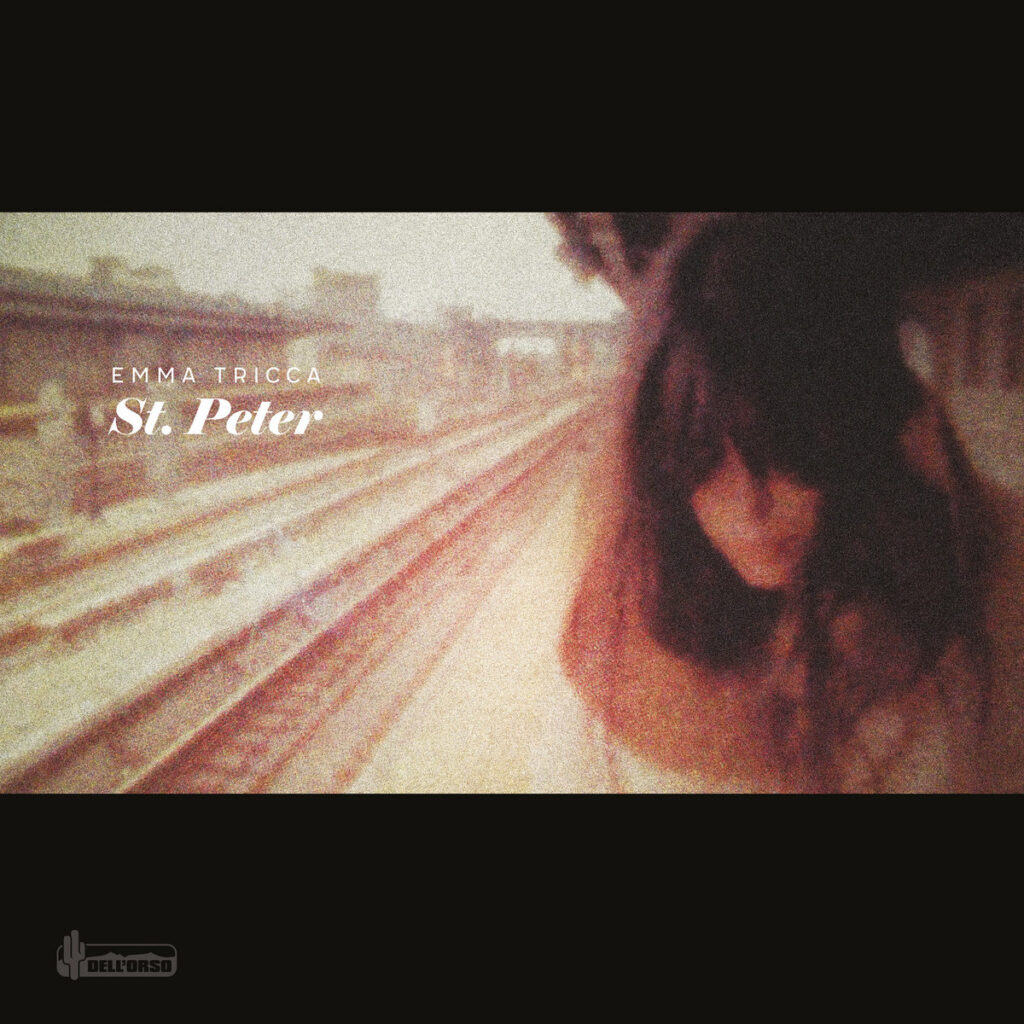
‘St Peter’ marks a departure from traditional folk sounds, embracing a more experimental and eclectic approach. What inspired this shift in your musical style?
It simply was time for a change. I had known Jason Victor for a long while by then, and we were already great friends… we often talked about doing something together, so, one fine day, I called him up and said: Jason?! I’m ready. Let’s do this. Best decision I have ever made.
Your journey in music seems to have been ignited by the encouragement of John Renbourn. How has his mentorship and influence impacted your approach to songwriting and guitar playing over the years?
Of course, John’s records are a huge influence on me, but I would say that where he has encouraged me the most was in trying to not imitate anyone and to explore whatever was going on in my own perception and style. I remember one day John left a voicemail on our landline after receiving a copy of ‘Relic’ – I think it was along these lines: “Great work, very individual, just great…” I have to ask my old flatmate Jacqui; she heard that message first and proceeded to text me saying “make sure you listen to our voicemail when you get home, there’s a lovely message for you.”
I only now understand what that meant and how lucky I am.
Looking back at your earlier albums such as ‘Minor White’ and ‘Relic,’ how do you perceive their influence on your journey as an artist? In what ways do you believe they have shaped your artistic evolution? Furthermore, which elements from those projects do you find yourself still drawing upon in your current creative endeavors?
I still write on my guitar, so that’s pretty much what was happening back then. I guess I wanted to depart from the classic ballad scenario and be more daring, but I still have that in me. At some point, I might even go back to it. Those two records represent the first steps into a world I still find strange and somewhat neurotic. I still can’t believe I got to record them. They definitely made something happen. Very much beholden to my good fortunes there.
I’m curious about your upcoming performance at The Wake festival. Could you share a glimpse of what attendees can expect from your set?
It will be a mixture of tunes from ‘Minor White’ through ‘Aspirin Sun’… I think. I’ll have my Airline with me, so that should be fun. I can’t wait. I’m in awe of Jo and Denny’s work; those two are a force of nature. I played The Greenman festival various times back then, and that really changed the course of my career.
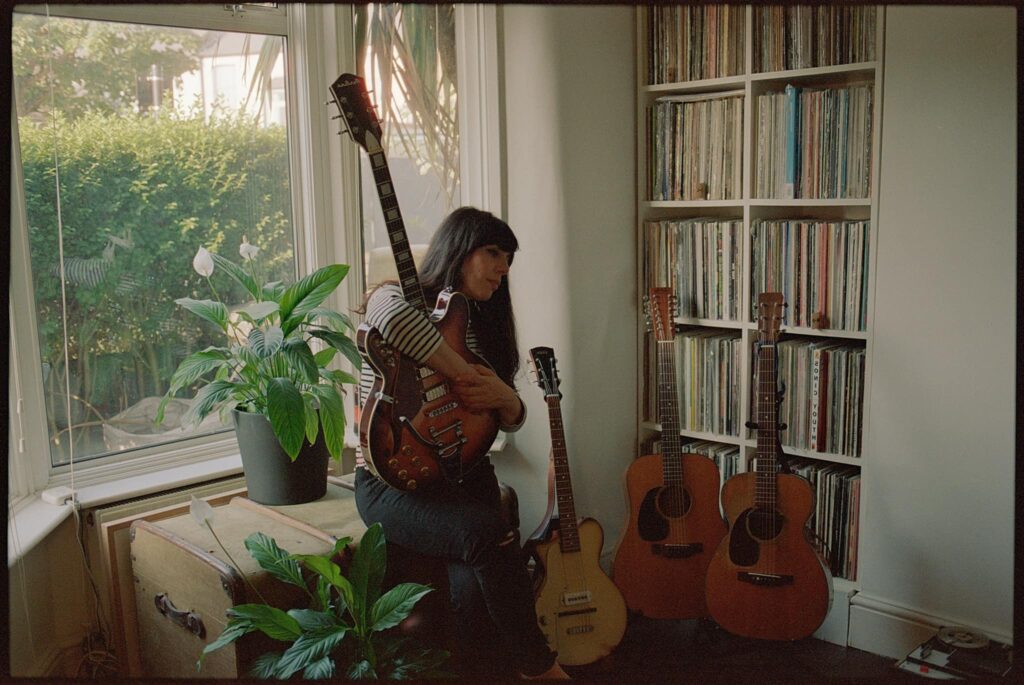
Have you found something new lately you would like to recommend to our readers?
I have been listening to all sorts, from Jazz to Nigerian Highlife to Shirley Collins of late, but I’ve been especially obsessed with The Clientele’s latest record.
Headline photo: Benni Carol
Emma Tricca Official Website / Facebook / Instagram / Twitter / Bandcamp

